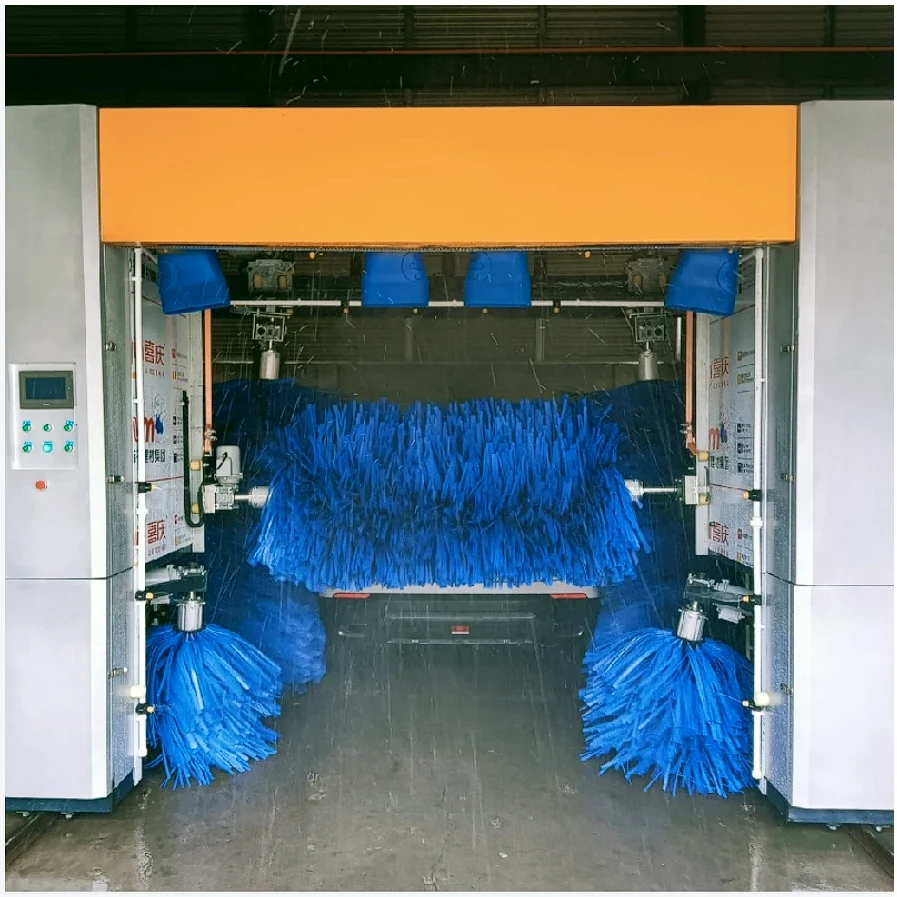
- Afrikaans
- Albanian
- Amharic
- Arabic
- Armenian
- Azerbaijani
- Basque
- Belarusian
- Bengali
- Bosnian
- Bulgarian
- Catalan
- Cebuano
- Corsican
- Croatian
- Czech
- Danish
- Dutch
- English
- Esperanto
- Estonian
- Finnish
- French
- Frisian
- Galician
- Georgian
- German
- Greek
- Gujarati
- Haitian Creole
- hausa
- hawaiian
- Hebrew
- Hindi
- Miao
- Hungarian
- Icelandic
- igbo
- Indonesian
- irish
- Italian
- Japanese
- Javanese
- Kannada
- kazakh
- Khmer
- Rwandese
- Korean
- Kurdish
- Kyrgyz
- Lao
- Latin
- Latvian
- Lithuanian
- Luxembourgish
- Macedonian
- Malgashi
- Malay
- Malayalam
- Maltese
- Maori
- Marathi
- Mongolian
- Myanmar
- Nepali
- Norwegian
- Norwegian
- Occitan
- Pashto
- Persian
- Polish
- Portuguese
- Punjabi
- Romanian
- Russian
- Samoan
- Scottish Gaelic
- Serbian
- Sesotho
- Shona
- Sindhi
- Sinhala
- Slovak
- Slovenian
- Somali
- Spanish
- Sundanese
- Swahili
- Swedish
- Tagalog
- Tajik
- Tamil
- Tatar
- Telugu
- Thai
- Turkish
- Turkmen
- Ukrainian
- Urdu
- Uighur
- Uzbek
- Vietnamese
- Welsh
- Bantu
- Yiddish
- Yoruba
Automatic Car Wash Station for Efficient & Convenient Vehicle Cleaning Self & Home Car Wash Solutions
- Introduction to the market scope and trends of automatic car wash station
s - Key technical advantages of automatic, self, and home car wash stations
- Comprehensive comparison between leading manufacturers
- Cost analysis and operational efficiency insights
- Customizable solutions for diverse business and residential needs
- Real-world application cases showcasing successful deployments
- Automatic car wash station: future prospects and buyer considerations

(automatic car wash station)
Market Overview: The Rise of Automatic Car Wash Station Industry
The automatic car wash station market has surged in recent years, reflecting a transformation in vehicle maintenance habits. According to the International Carwash Association, over 66% of vehicle owners in urban regions use some form of automated car cleaning services at least once a month. A study from Market Research Future estimates the global car wash services industry will reach $41 billion by 2027, underscoring rapid market growth.
Consumer demand is primarily fueled by convenience, time savings, and the increasing value placed on vehicle longevity. The shift towards touchless systems and eco-friendly water recycling models has further propelled the adoption of both automatic and self car wash stations. Meanwhile, the expanding urban middle class and the proliferation of private vehicles have catalyzed investments into both commercial and home car wash station solutions.
Technical Advancements in Modern Car Wash Solutions
The backbone of contemporary car wash stations lies in technological innovation. Automated systems, equipped with precision nozzles and high-torque brushes, offer cleaning precision that rivals manual methods, all while minimizing resource usage. Such innovations now enable stations to process a single vehicle in less than 5 minutes with up to 80% less water than traditional driveway washing.
Self car wash stations empower users by providing pay-per-use high-pressure hoses, foaming lances, and adjustable cleaning settings. These features ensure both flexibility and professional-grade results. Notably, home car wash stations now integrate smart controls, app-based monitoring, and water recycling tanks, making at-home automobile care viable even in space-constrained environments.
Additionally, the rise of contactless and cashless payment systems enhances user experience, while integrated sensors and AI-driven wash programs optimize detergent usage for every vehicle profile, reducing overall waste.
Manufacturer Comparison Table: Features, Capacity, and Price
Choosing the right car wash station starts with understanding manufacturer offerings. Below is a data-driven comparison table summarizing leading models across the automatic, self, and home use categories:
| Brand & Model | Station Type | Max Vehicle Capacity/hr | Water Usage/Vehicle (Liters) | Automation Level | Smart Features | Average Unit Price (USD) |
|---|---|---|---|---|---|---|
| WashPro X7 | Automatic | 25 | 60 | Full robotized | App control, AI detection, ticketless entry | 46,000 |
| EcoWash Flex | Self Car Wash | 18 | 45 | Partial | Cashless payments, pressure customization | 18,000 |
| HomeShine G3 | Home | 2 | 22 | Semi-auto | Mobile alerts, compact assembly | 4,500 |
| AquaJet Pro | Automatic | 30 | 55 | Full touchless | Recycling system, remote diagnostics | 50,000 |
| CleanLine 360 | Self Car Wash | 15 | 48 | Manual with digital interface | Energy-optimizing cycles, token system | 16,200 |
| UrbanWash E1 | Home | 1 | 20 | Manual | Eco-settings, easy storage | 2,700 |
The above comparison underscores substantial variability in performance, water usage, and automation, highlighting the importance of matching station capabilities with user requirements and investment scale.
Cost Efficiency and Operational Insights
Operational efficiency in automatic and self car wash stations isn’t just about clean vehicles; it’s about achieving low cost per wash without sacrificing performance. Recent benchmarks indicate that the average automated unit runs at a maintenance cost of $1,500 per month, primarily due to energy and water system servicing. In contrast, home car wash station systems average only $120 per month for upkeep, making them ideal for frequent, personal use.
Revenue potential remains a significant motivator in commercial deployments. With the ability to process up to 900 vehicles per month in high-traffic areas, automatic stations can generate monthly revenues exceeding $13,000 (assuming an average service price of $15 per wash). Self car wash stations, relying on user-driven operation and minimal staffing, report lower operational expenses but require high throughput to realize substantial returns.
Water recycling and energy-saving technologies are crucial for reducing ongoing expenses and remaining compliant with environmental standards—a factor increasingly valued by customers and regulators alike.
Tailored Solutions: Meeting Diverse Needs
The industry offers a diverse range of customizable station solutions, ensuring that both large-scale commercial projects and personal use cases are efficiently met. Operators can select options such as bay numbers, wash cycle complexity, payment integrations (contactless or prepaid cards), and advanced security camera systems to suit area-specific regulations.
For business owners, modular automatic car wash stations can be tailored to fit urban parking lots, highway rest stops, or even gas station forecourts, with on-demand scalability features for peak periods. Meanwhile, self car wash station layouts are often adapted for fleet management, rental agencies, and community residential complexes, enabling collective maintenance while optimizing costs.
Home car wash station kits now come with compact designs, easy installation guides, and optional solar water heating. Many suppliers offer app-enabled notifications, helping users monitor water consumption and set maintenance reminders, promoting long-term system health.
Highlight Application Cases: Success Stories
Noteworthy application cases further prove how the flexibility and performance of advanced car wash stations enhance user satisfaction and operational success:
- UrbanExpress Auto Spa (New York, USA): Deployed a 6-bay automatic station, tripling daily throughput while lowering water consumption by 72%, translating to annual savings of over $17,000 on utilities alone.
- GreenFleet Solutions (Berlin, Germany): Implemented a self car wash station at their vehicle depot, enabling staff to process entire fleets overnight and reducing outsourced cleaning costs by 58%.
- Suburban Residence Pilot (Tokyo, Japan): Installed advanced home car wash stations in multiple apartment complexes. Tenants reported significantly improved vehicle care practices and convenience, resulting in higher tenant retention and positive property reviews.
- Sunshine Transport (Sydney, Australia): Chose a modular automatic unit with smart diagnostics. Preventive maintenance reduced station downtime by 80%, directly boosting monthly receipts.
Automatic Car Wash Station: Future Trends and Considerations
Looking ahead, investment in an automatic car wash station promises to remain a smart decision, especially as urbanization and vehicle ownership continue their global climb. Upcoming trends include greater digitization, fully integrated environmental solutions, and rapid expansion of pay-per-use models. For property developers, business entrepreneurs, or personal users considering installing self or home car wash station systems, critical factors involve:
- Regional water policies and sustainability mandates
- Projected vehicle throughput and scalability requirements
- Integration with smart building controls or IoT systems
- Long-term maintenance and upgrade support from vendors

(automatic car wash station)
FAQS on automatic car wash station
Q: What is an automatic car wash station?
A: An automatic car wash station uses machines and sensors to clean your vehicle quickly and efficiently. You simply drive in and the system does all the work. It’s a convenient option for thorough, hands-free washing.Q: How does a self car wash station differ from an automatic one?
A: At a self car wash station, you wash your car manually using provided tools and water hoses. In contrast, an automatic car wash station washes your car for you. Self car wash stations offer more control but require more effort.Q: Can I install a home car wash station easily?
A: Yes, you can set up a home car wash station with basic washing tools and equipment. It usually includes a water supply, hoses, and cleaning agents. However, it requires space and some DIY effort.Q: Are automatic car wash stations safe for all car types?
A: Most automatic car wash stations are safe for standard vehicles. However, vehicles with special finishes or attachments should check station guidelines. It’s best to consult your car’s manual or the station attendant.Q: How often should I use an automatic car wash station?
A: Using an automatic car wash station once every two weeks is generally recommended. It helps maintain your car’s appearance and protects the paint. Frequency may vary based on driving conditions and climate.-
Integrating Aqua Tunnel Car Wash in Shopping CentersNewsJun.24,2025
-
Gas Station with an Auto Car Wash MachineNewsJun.24,2025
-
Efficiency in Your Aqua Tunnel Car Wash: Power & Water-SavingNewsJun.24,2025
-
Car Wash Business with Advanced Auto Car Cleaning MachinesNewsJun.24,2025
-
Balancing Setup Costs with Aqua Tunnel Car WashNewsJun.24,2025
-
Aqua Tunnel Car Wash: Eco-Design for the Energy-Savvy EntrepreneurNewsJun.24,2025



